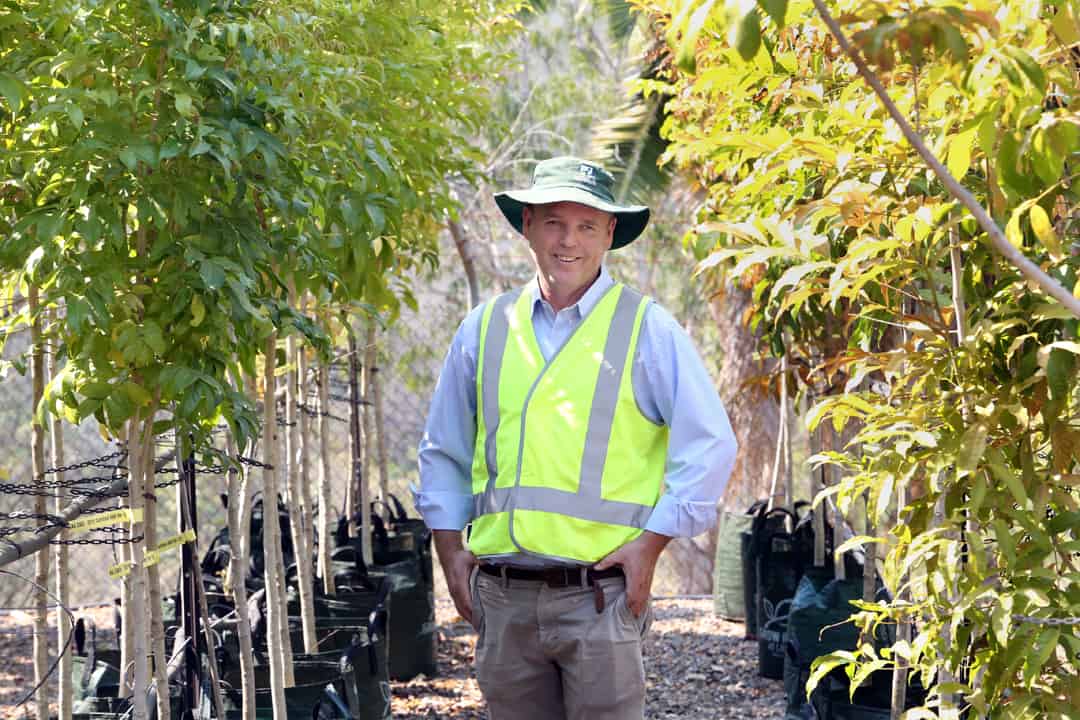James Hilyard is Ipswich City Council’s Infrastructure and Environment Department, City Maintenance manager.
James is a horticulturalist, arborist and holds a master’s degree in sustainability.
In this month’s column, James shares his tips on how to get the best from your pot plants.
Growing plants in containers has many benefits and anyone can have their own plant no matter where you live, if you are renting or you own your home.
There is less weeding to be done and you can rearrange your plants to suit the season.
They can be portable meals on wheels and if you move your plants can come with you.
Growing plants in pots and containers can be really rewarding.
Hanging baskets, raised beds, green walls, the options are almost endless and it’s a great way to bring colour and foliage to different levels in both the home or the garden.
Growing plants in pots and containers takes a bit of dedication but it is well worth the effort.
Whether you are growing plants inside or outside in containers there are a few simple tips that will help you get the best results.
- Get a good soil mix, spend a bit extra on the soil you are going to use in the container and make sure it suits the plants that you want to grow.
For example, if I want to grow vegetables in a raised garden I would have a soil mix heavy with organic matter and compost and if I was growing succulents in a hanging basket I would use a specialty cacti potting mix that is light and free draining.
- Drainage is very important for potted plants. Most plants hate ‘wet feet’ make sure you have plenty of drainage holes in your containers to let water escape from the pot.
If the water is trapped it will rot the roots of the plants and they will die. Use a saucer to collect excess water as it drains from the pot, this water will either be taken in by the plants or evaporate rather than collecting in the bottom and turning anerobic. A couple of centimetres of course gravel in the bottom of the pot also helps.
- Group your plants, when you are out shopping for plants make sure you read the label. It will help you plan your plantings.
No point in grouping plants that require full sun with plants that prefer shade, they will have different watering and potentially fertilising requirements. Basically, one of them isn’t going to be happy.
- Watering is the most difficult part of the process if you want a successful container garden.
A hot dry wind will make things crispy quickly if you let the soil dry out.
The best solution to this problem is to choose plants that match the level of maintenance you can commit to.
Succulents are the easiest and are the most forgiving. A quick splash every now and again during the warmer months may be all you need whereas a hanging basket full of annuals may need a daily water and weekly liquid feed. Two very different levels of care.
Growing plants in containers allows you to be creative and move your garden around whenever you want to change things up.
Have a look around you, you can pop them onto windowsills, balconies, courtyards and rooms with good natural light.
With a bit of planning and care you can have great success and even more plants.

